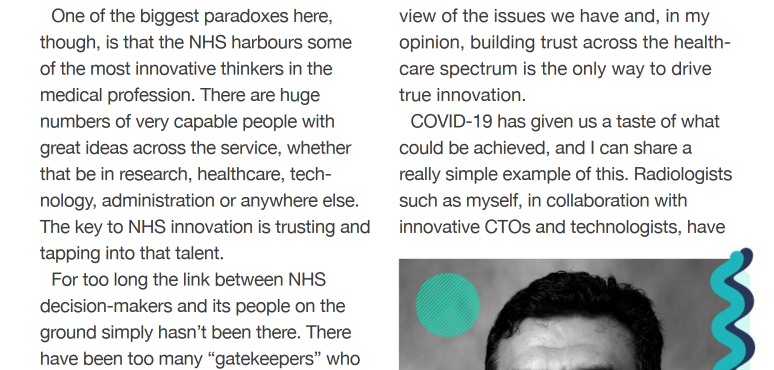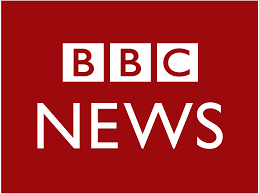Before anyone ascends the high horse of righteous indignation about my presumptuousness, I should make clear I neither identify with nor particularly aspire to the eponymous title J
An incident recently forced to consider this matter and I thought to share my views with you (pun intended).
I posted what I felt was a positive commentary (albeit in my own irreverent style) celebrating increased diversity in the Health IT space. Whilst it was initially seemingly well-received, I was, admittedly, taken aback to learn that a number of people apparently took offence and felt the views were inappropriate – or perhaps the context in which they were expressed.
For someone who is used to taking responsibility for the ramifications and potential adverse career impact of candidly expressing my opinion, in this instance I paused to consider the impact upon ongoing process and decided discretion was the better part of valour and pulled the article – only again to be questioned about the wisdom of this action.
Part of me certainly feels that retracting those views is a betrayal of the principles I feel I espouse, but I reconcile that with the thought that the impact this case was potentially not personal but to a wider context.
This, then, brought to my mind many previous occasions where I have felt frustration when others in positions of power and leadership have failed to speak out (either positively or negatively) with any great conviction on weighty or controversial matters – particularly in cases where you know they sympathise with such views personally. Be it clinical leaders, Medical Directors, Heads of Royal Colleges, MPs, Prime Ministers and Presidents. How often have we railed at their ambivalence and silence? They’ve sold out; they’ve gone to the “dark side”; more concerned with keeping their position etc
I certainly have – and yet here I was seemingly doing just that. So what are the roadblocks to such freedom of speech? Clearly with such freedoms come great responsibilities – as someone from a demographic (of course I mean radiologists J ) that is often vilified by hate speech masquerading as “freedom of speech” understands all too well.
But it is, I fear, more than that. The Public Sector appears to be paralysed by an overly complex and conservative governance structure, and we seem to be ensnared within these shackles. We do things because that’s how it’s always been done, and fear of retribution when seeking to departs from these norms inhibits much disruption. Equally, part of me feels that such structures are deliberately abused to cow the sector. Clearly, we see this in the realm of international politics, but is it appropriate that a political or commercial enterprise can threaten to compromise a process or individual by leveraging unrelated circumstances?
How have we come to the situation, for example, that the strongest disapproval a country might represent on the international stage is abstention from expressing a view (UN)? The DUP’s leveraging concessions for their domestic agenda against threatening to withhold support for the Conservative Party to attain a Parliamentary Majority in England might be a somewhat more indirect example of the same. More recent and far less edifying circumstances might be the impact on Oxfam’s crucial charity work being stalled by allegations of abuse.
Let me clear. There are clear and carefully defined processes that mandate transactional relationships of these magnitudes and it is incumbent on all parties involves to ensure that they stick to both the letter and the spirit of the law in its entirely. What I discuss here is pressure being exerted outwith these frameworks on possibly spurious rationale.
We aspire to break down silos, to evolve commercial and public sector relationships, to seek to do “the right thing”. But little of this will be feasible if it remains so easy to subvert open (but respectful) dialogue, and if people feel inhibited in initiating or engaging in expressing their views. Let us be educated and not intimidated by avant-garde thought…..



